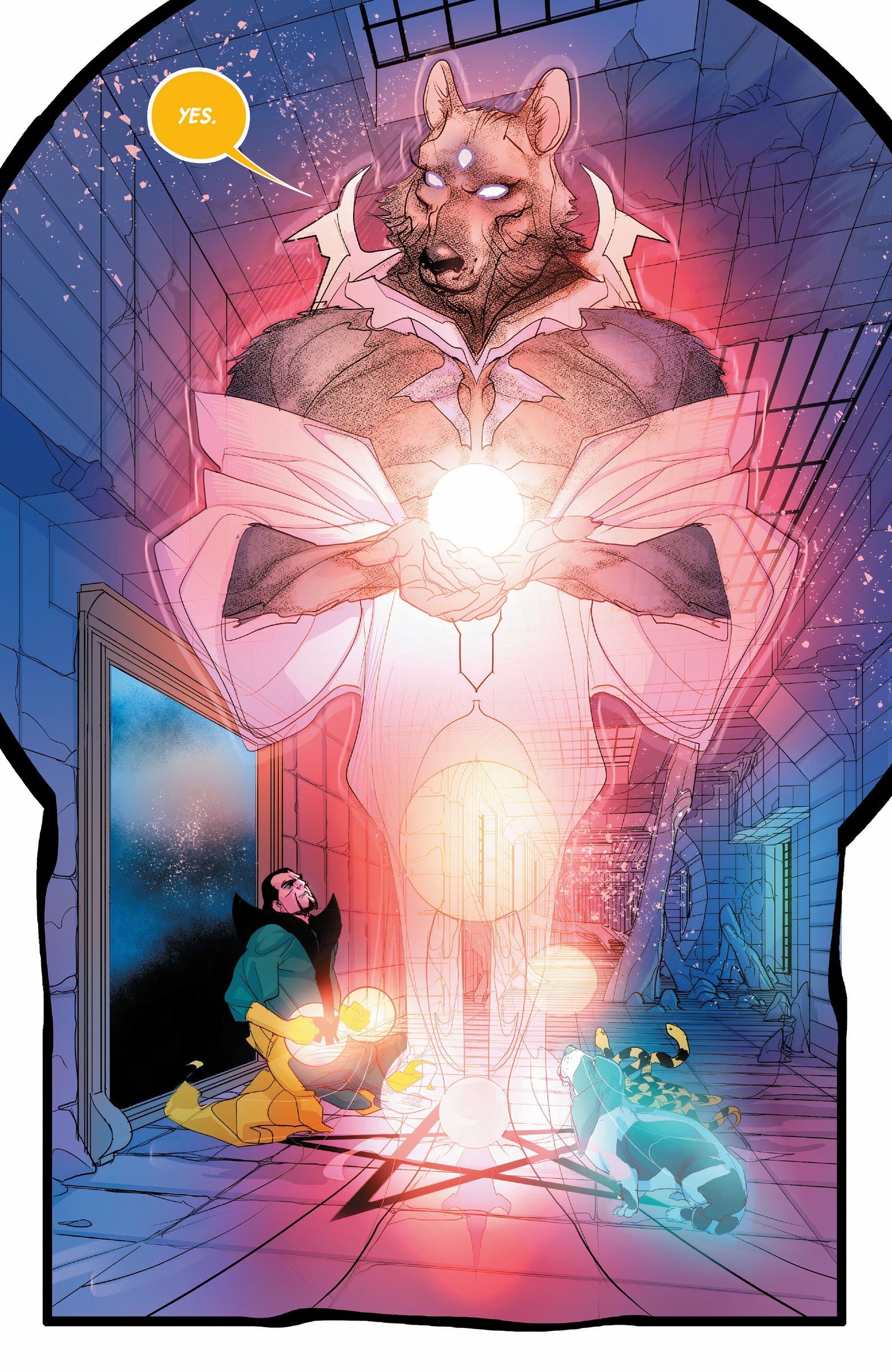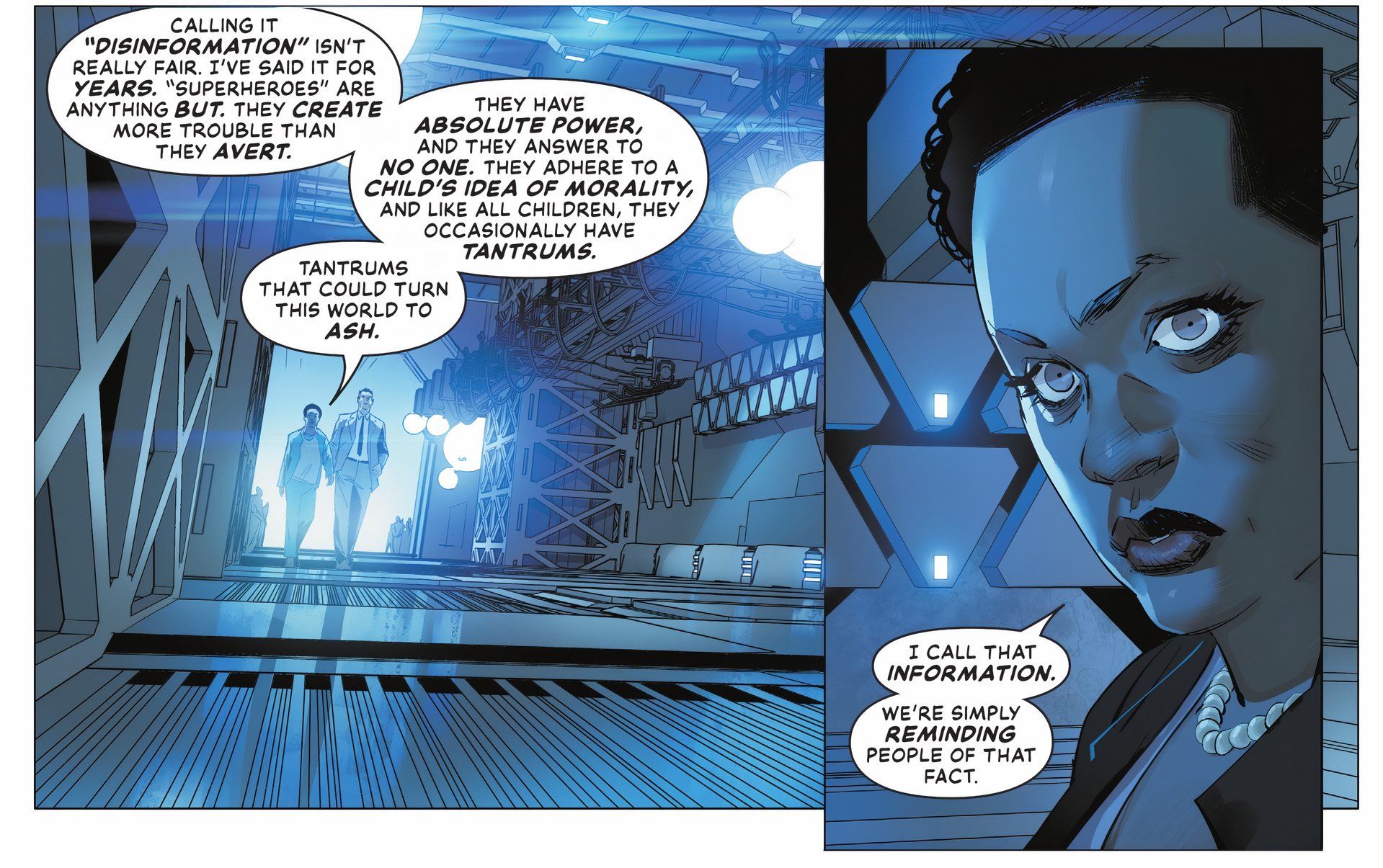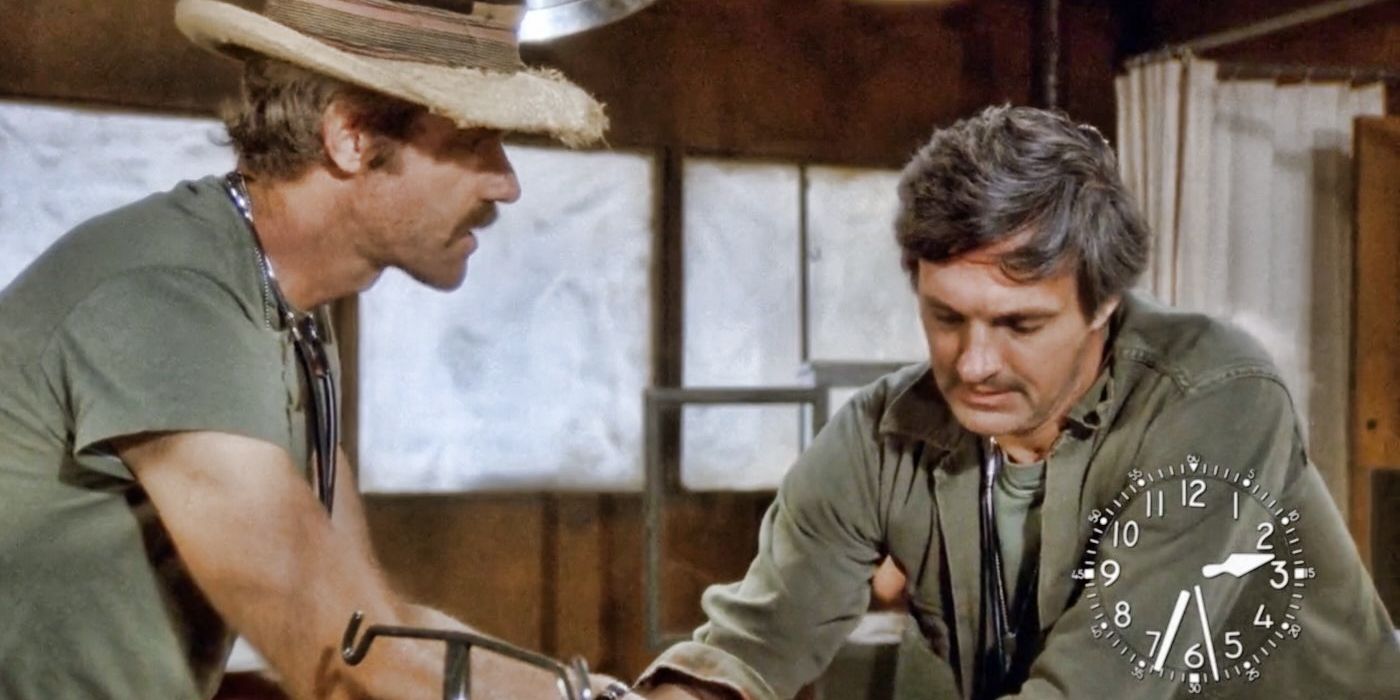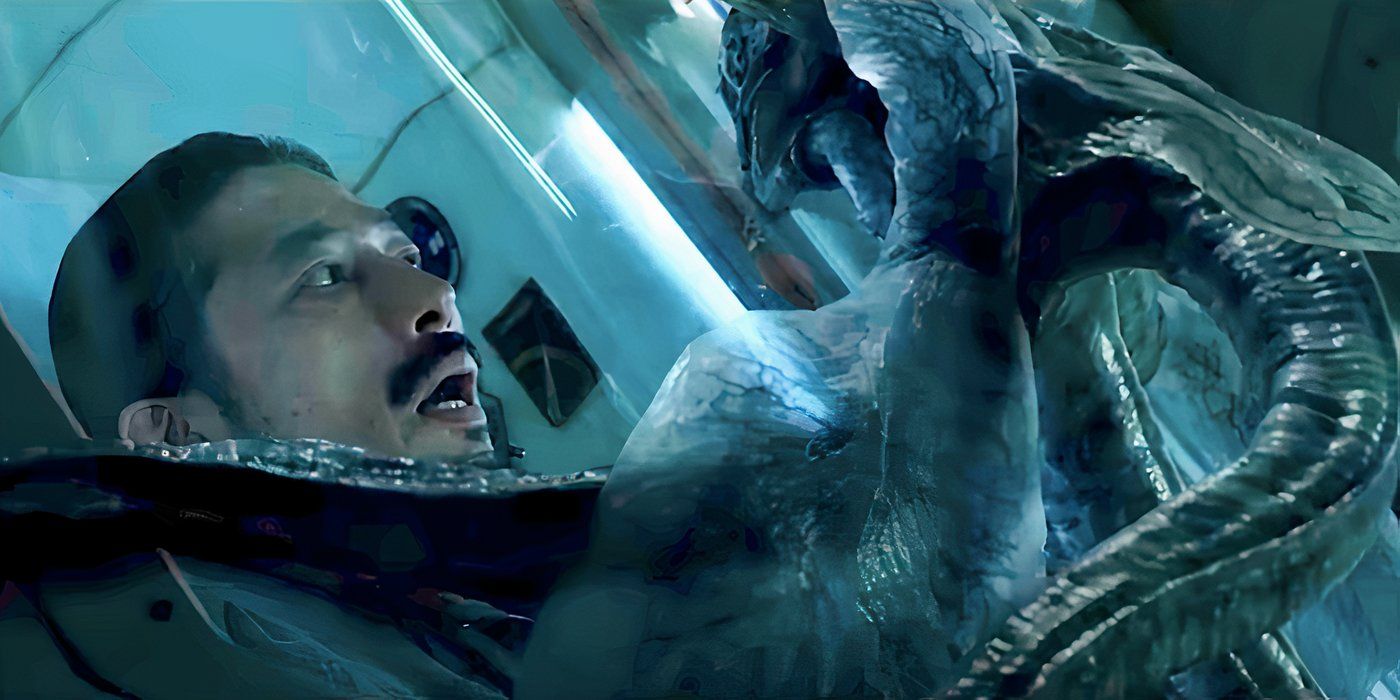Death has almost become a joke in comic books. Heroes die and come back so often that both Marvel and DC have built entire crossover events based on justifying how so many have escaped death. While this can be used for humorous effect, resurrection has just become a fact of life for these characters. It still leaves a burning question though; what would immortality or being brought back to life do to a person psychologically? In The Immortal She-Hulk Wolverine and Thor share the devastating answer.
In the wake of Marvel’s Empyre event, She-Hulk has found herself coming back to life for the third time, but this time something is off. As she battles a villain exploiting the destruction of Empyre’s aftermath, she encounters another hero who is no stranger to death’s revolving door, Wolverine. After dealing with the villain, the two go to a bar so Jennifer can ask Logan about his experiences with death. He tells her that there are things he hasn’t told anyone about coming back to life, things bigger than himself. Jennifer clarifies that she only wants to know how he handled his resurrection emotionally. In his surly way, Wolverine responds that it’s too overwhelming if you think about it too hard and that she just needs to treat it like it never happened.
Unsatisfied with Wolverine’s philosophy of ignoring it all together, She-Hulk seeks out the opinion of Marvel’s most famous immortal, Thor. As they work out, Jennifer says that she’s immortal like her cousin, and asks Thor what it’s like to have lived for centuries. Thor shows the extent of how much he’s grown since his days as an arrogant young god. He reflects on the recent demise of Galactus, a being who has survived the death of entire universes. It might sound grim, but Thor assures Jennifer that no being is ever truly immortal and that everything dies for good eventually, even gods.
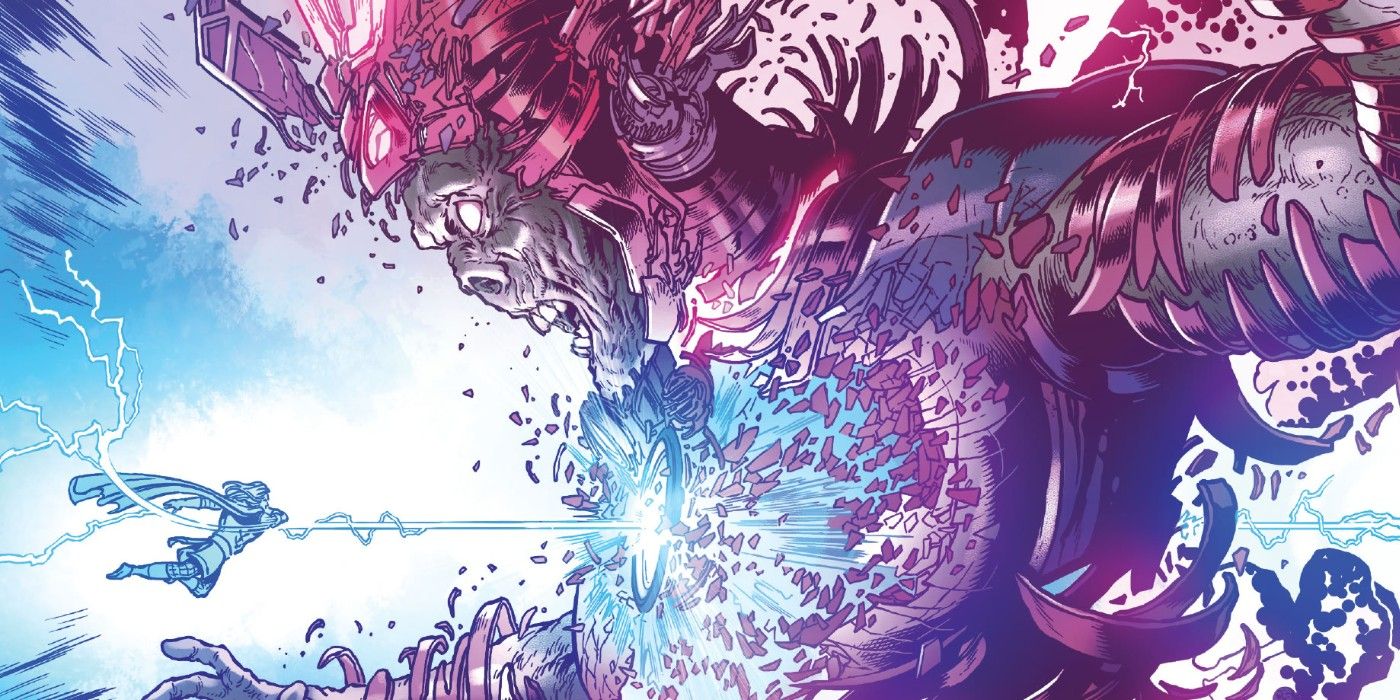
One benefit of comic continuity is the ability to explore a character with literally hundreds or thousands of stories written about them. She-Hulk has been an important supporting character in the Marvel Universe ever since her debut, but as a supporting character, writers are more likely to kill her off. While killing off beloved supporting characters like this can work to show an event’s gravity, it can often leave readers disappointed that their favorite character was killed to advance someone else’s story. While bringing dead characters back to life should solve this problem, it ends up making things feel like they don’t have consequences. What this issue does, is find a way to have the best of both worlds; resurrect characters, but have them grapple with the mental cost of immortality.
Even though Wolverine tries to pretend that all of his deaths don’t bother him, it clearly weighs him down. On the other end of the spectrum, Thor knows that nothing lasts forever and that his days are numbered. While neither hero are well known for their introspection, this reveals a side of them that is rarely seen. Having She-Hulk play off them also provides a great opportunity to hint at what kind of emotional conflict she is going to face in the future. The Immortal She-Hulk is a perfect example of how to handle the emotional fallout of immortality.
